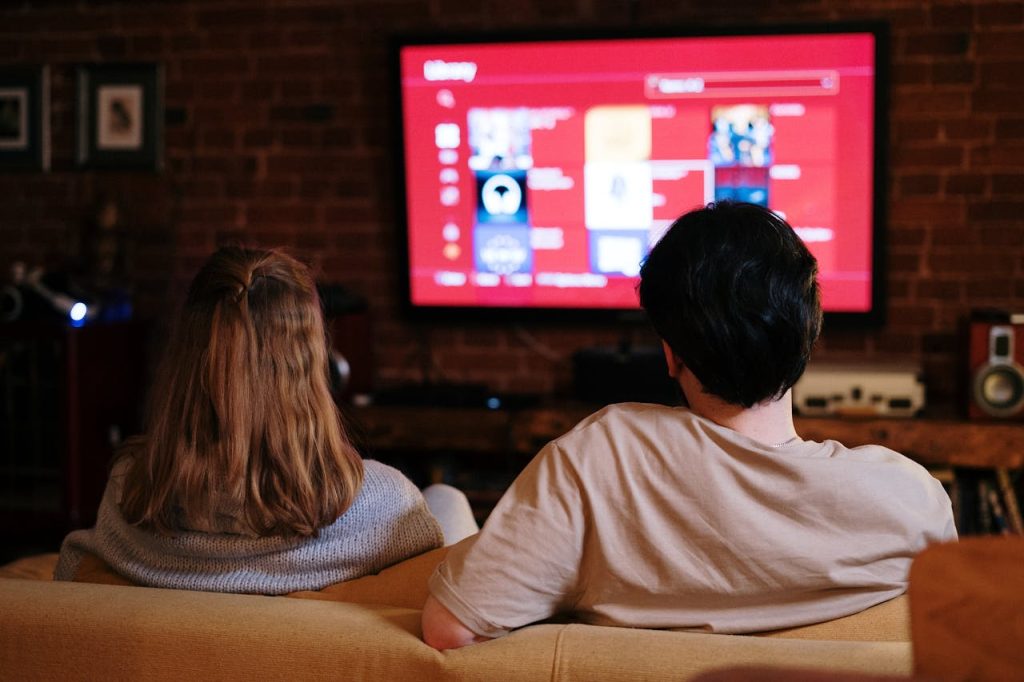
Smart TVs are everywhere now. They make it easy to stream shows, play games, and even browse the web. But there’s a catch. These devices can collect and share a lot of your personal info—sometimes more than you realize. If you own a smart TV, it’s important to know how your data might be leaving your living room. Here’s what you need to watch out for and what you can do about it.
1. Tracking What You Watch
Most smart TVs track your viewing habits. They log every show, movie, or video you watch. This info helps companies build a profile about your interests. They use it to target ads or recommend content. Sometimes, this data is shared with third parties. If you want to limit this, check your TV’s privacy settings. Turn off viewing data collection if you can. It’s not always easy to find, but it’s worth the effort.
2. Voice Assistant Recordings
Many smart TVs come with voice assistants. You can ask your TV to change the channel or search for a movie. But when you use voice commands, your TV records what you say. Some brands send these recordings to the cloud for processing. This means your voice data could be stored or analyzed by others. To protect your privacy, review your TV’s voice assistant settings. Mute the microphone when you’re not using it. Some TVs even let you delete stored voice recordings.
3. Automatic Content Recognition (ACR)
Automatic Content Recognition, or ACR, is a feature that scans what’s on your screen. It doesn’t matter if you’re streaming, watching cable, or playing a DVD. ACR collects info about everything you watch. This data is often sent to advertisers and analytics firms. They use it to target you with ads on other devices. You can usually turn off ACR in your TV’s settings. Look for options related to “viewing information” or “content recognition.”
4. Connected Apps and Services
Smart TVs let you install apps for streaming, gaming, and more. Each app may collect its own data. Some ask for access to your location, contacts, or even your camera. If you sign in with your email or social media, you’re sharing even more info. Always review app permissions before installing. Stick to trusted apps from official stores. Delete apps you don’t use. This limits how much of your personal info is shared.
5. Data Shared with Manufacturers
Your smart TV sends data back to the manufacturer. This can include device info, usage stats, and error reports. Sometimes, it’s used to improve performance or fix bugs. But it can also be used for marketing or sold to partners. Read your TV’s privacy policy to see what data is collected. Some brands let you opt out of certain data sharing. It’s not always obvious, so take time to look through the settings.
6. Wi-Fi and Network Data
When your smart TV connects to Wi-Fi, it can see other devices on your network. Some TVs collect info about your home network, like device names and traffic patterns. This data can be used to target ads or improve services. But it also creates a risk if your network isn’t secure. Make sure your Wi-Fi uses a strong password. Update your TV’s software regularly to patch security holes. Consider setting up a separate network for smart devices.
7. Personalized Advertising
Smart TVs often show ads based on your activity. They use your viewing history, app usage, and even your location. This info is shared with ad networks to serve targeted ads. You might see ads for products you just talked about or searched for online. If you want fewer personalized ads, look for an “ad preferences” or “limit ad tracking” option in your TV’s settings. It won’t stop all ads, but it can reduce how much of your info is used.
8. Security Vulnerabilities
Smart TVs are basically computers. They can have security flaws like any other device. Hackers can exploit these flaws to access your data or even take control of your TV. In some cases, they can use your TV as a gateway to your whole network. Always keep your TV’s software up to date. Turn off features you don’t use, like remote access or Bluetooth.
Protecting Your Privacy Starts at Home
Your smart TV can make life easier, but it also opens the door to privacy risks. The good news is you have some control. Check your settings, limit app permissions, and keep your software updated. Small steps can make a big difference. The more you know about how your smart TV shares your personal info, the better you can protect yourself.
Have you ever checked your smart TV’s privacy settings? What did you find? Share your experience in the comments.
Read More
Home Insurance Premiums Are About to Spike Again—Here’s Why
This Common Fast Food Ingredient Was Just Linked to Memory Loss
The post 8 Ways Your Smart TV Might Be Sharing Your Personal Info appeared first on The Free Financial Advisor.







